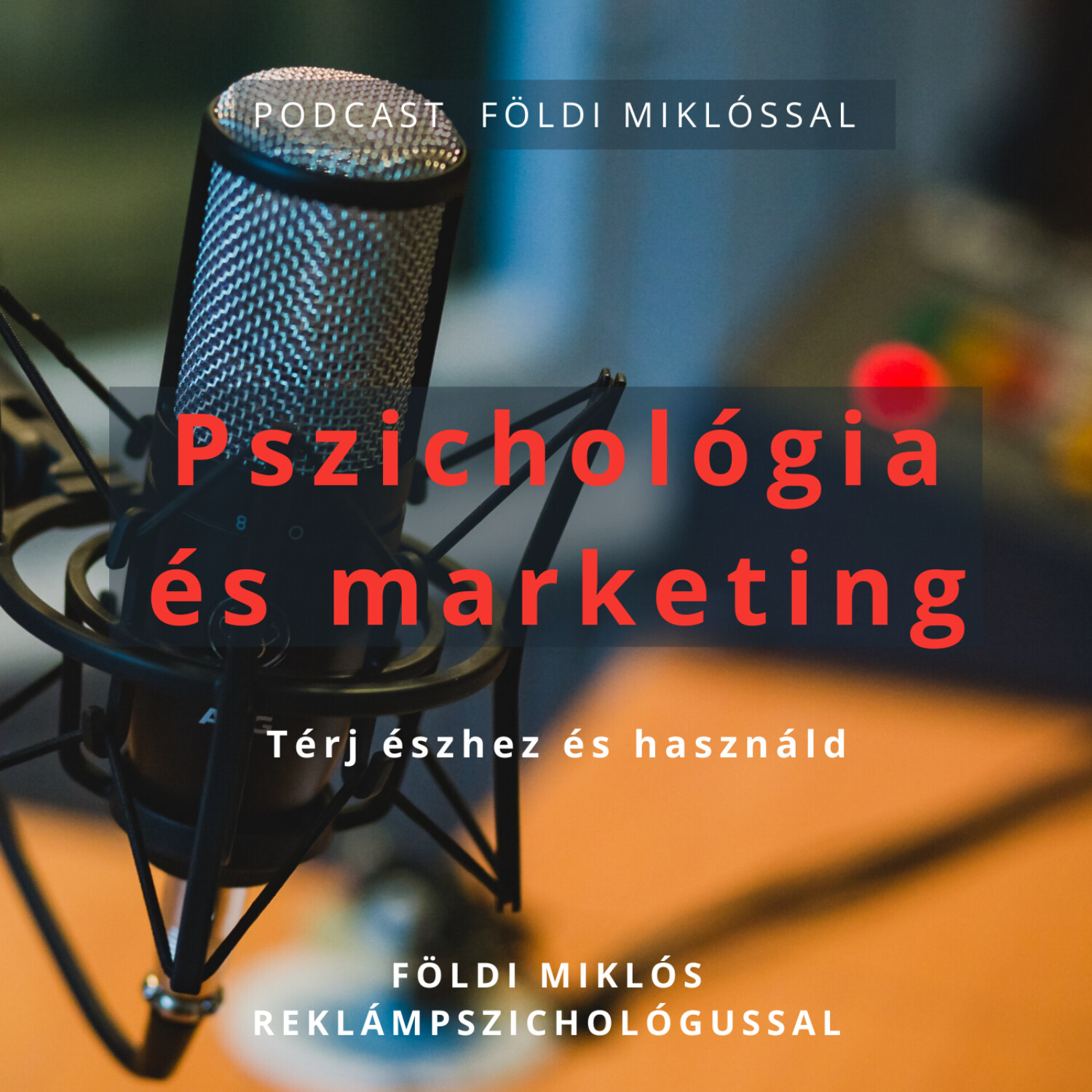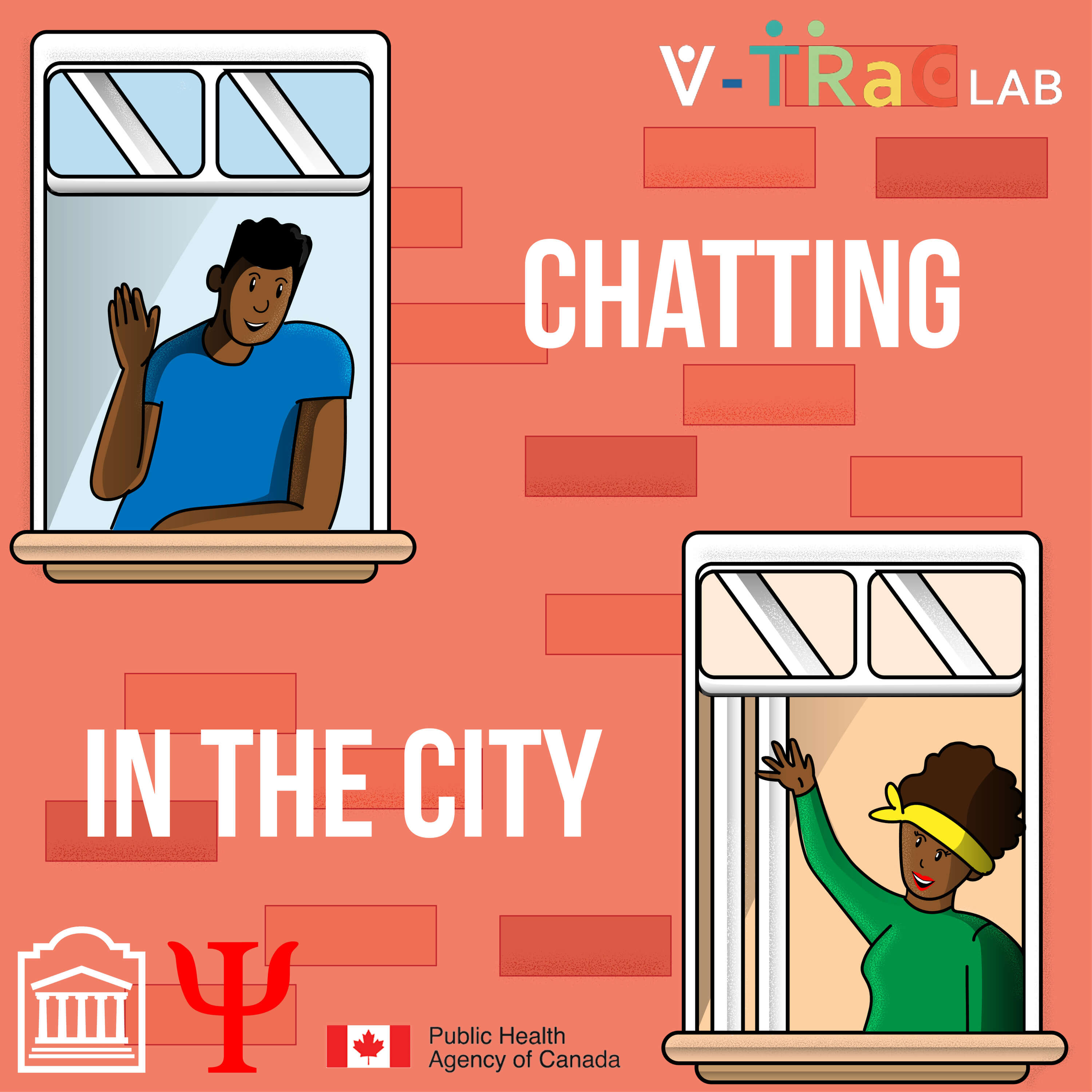 |
Beyond boundaries: research worth sharingAuthor: Oxford University
This year marks the 10th anniversary of the European Research Council (ERC), set up by the European Commission in 2007. The ERC funds exceptional individual scientists to carry out high-risk, high-gain research at the frontiers of knowledge. Over the last decade, Oxford Social Sciences have shown an outstanding track record of attracting significant ERC funding. This event celebrated the world-leading research and researchers supported by these grants. Reflecting the diversity of social sciences research at Oxford, the programme of talks encompassed wide and varied topics. Each of the speakers is the Principal Investigator leading at least one ERC award and their TED-style talks focus on powerful ideas generated and explored by their projects. This event was hosted by Professor Roger Goodman, Head of the Social Sciences Division and Chair of the Academy of Social Sciences, and organised by the Social Sciences Divisions Research and Impact Team. Image credit: igorstevanovic on Shutterstock https://www.shutterstock.com/g/igorstevanovic Language: en Genres: Education, Science, Social Sciences Contact email: Get it Feed URL: Get it iTunes ID: Get it |
Listen Now...
You know nothing about dogs, pigs or chickens!
Tuesday, 25 April, 2017
In Professor Greger Larson's short talk he unearths some new truths about the domestication of some familiar animal friends. This ERC project takes advantage of revolutionary genetic technologies to characterise the nuclear genomes from ancient animal remains. By combining the resolution of thousands of DNA markers with the time depth of archaeology, this project aims to address fundamental questions regarding domestication: 1) where and how many times did early animal domestication take place, and 2) when did the mutations that are known to differentiate modern domestic and wild individuals first appear, and how often were similar genes selected for across species? Greger is the Director of the Palaeogenomics & Bio-Archaeology Research Network and a member of the School of Archaeology where he is continuing his focus on the use of ancient DNA to study the pattern and process of domestication.








